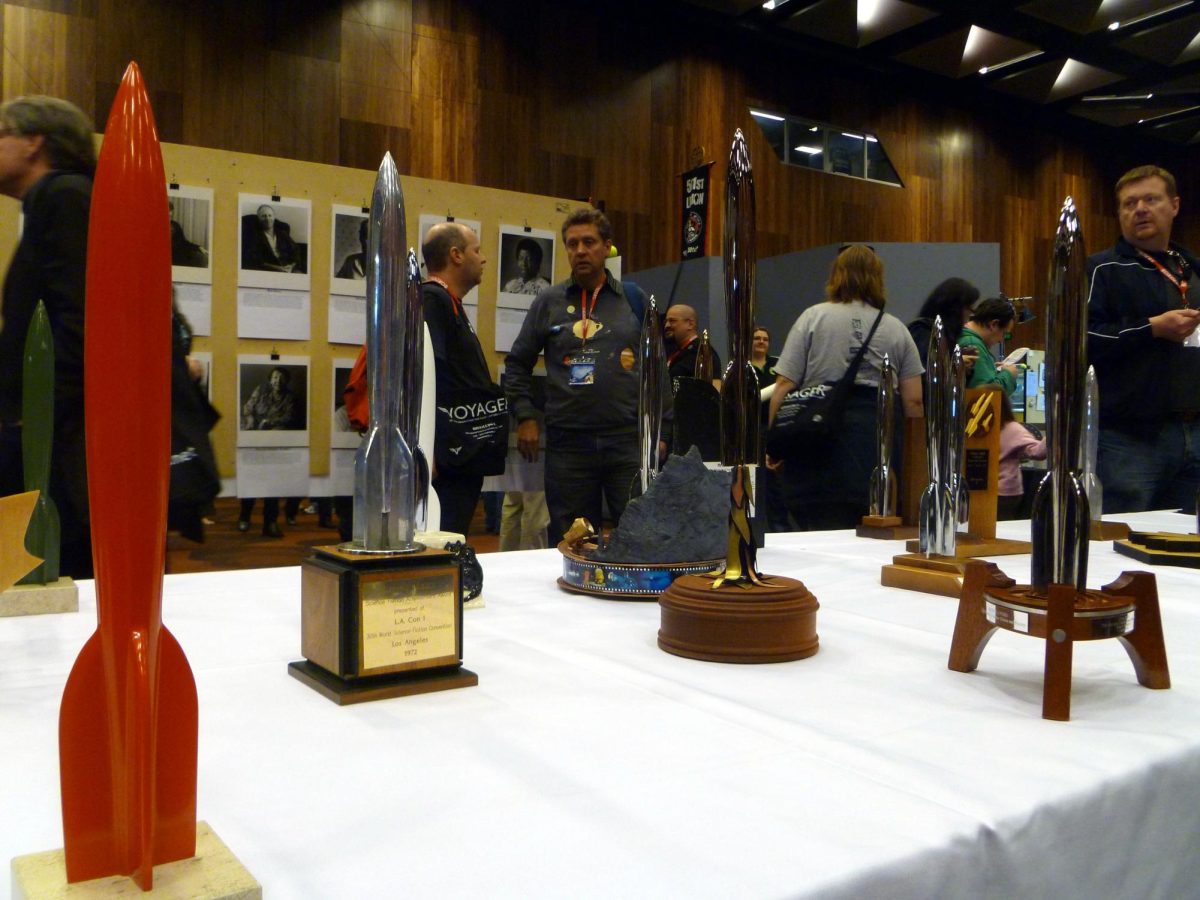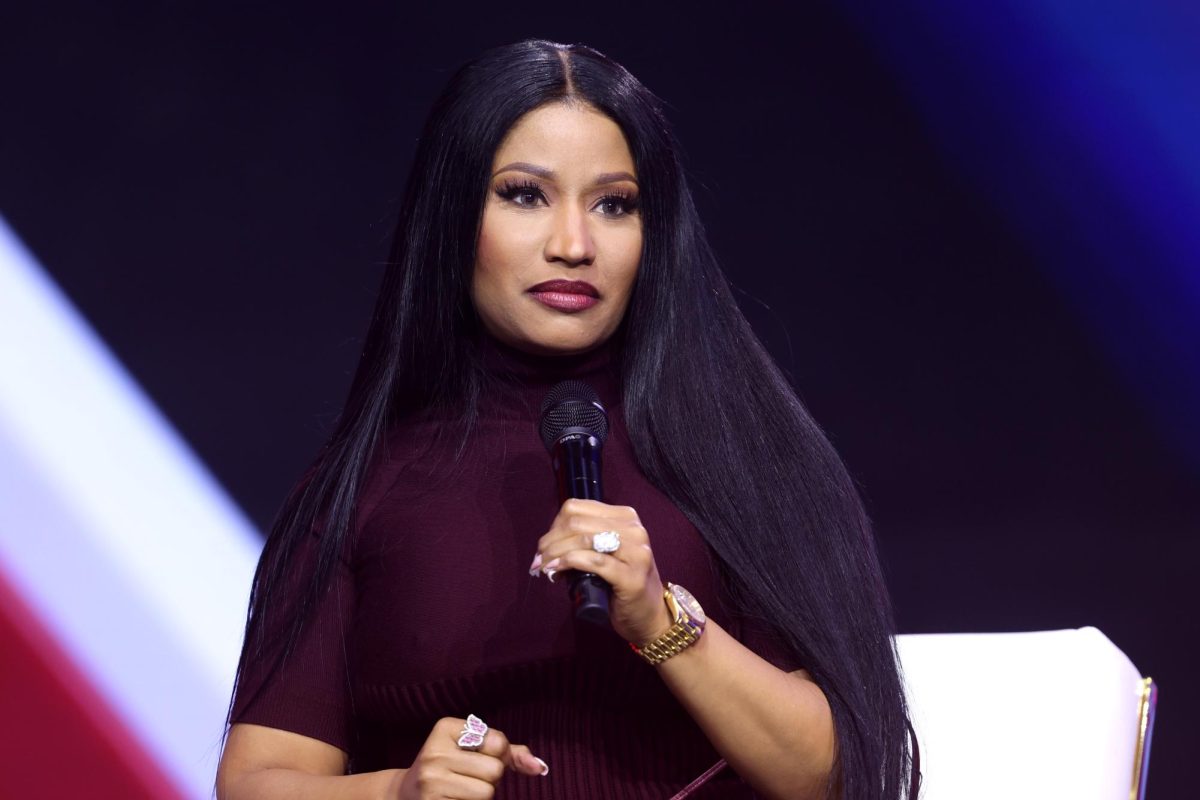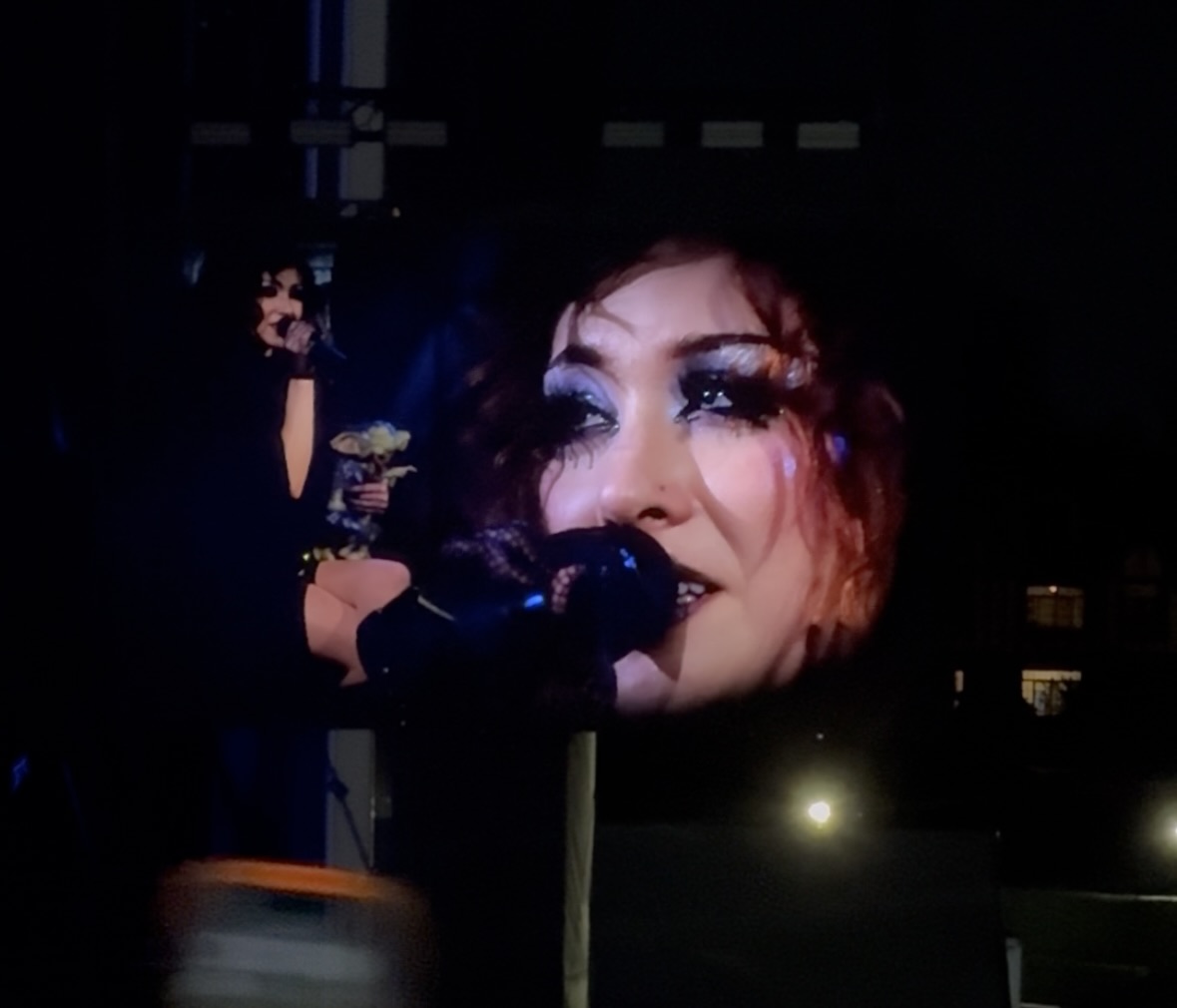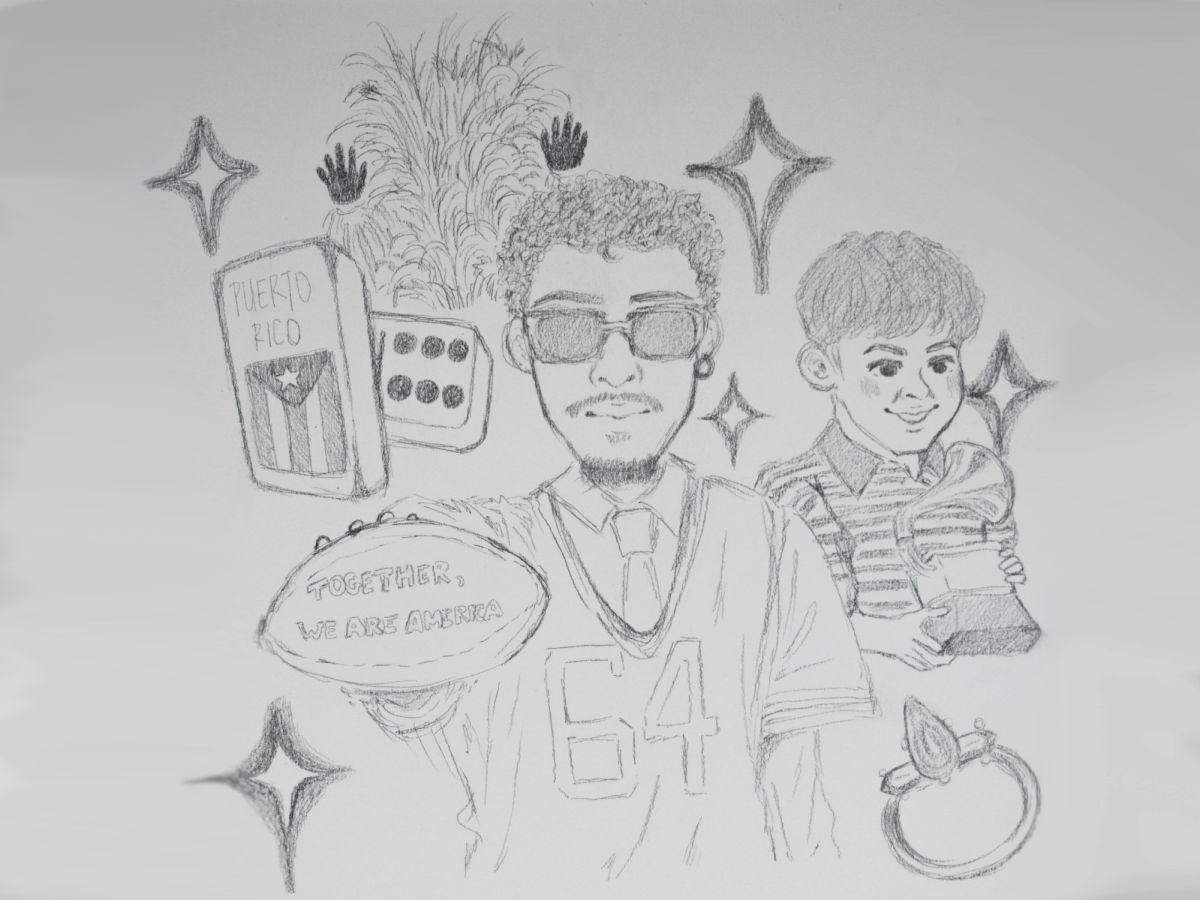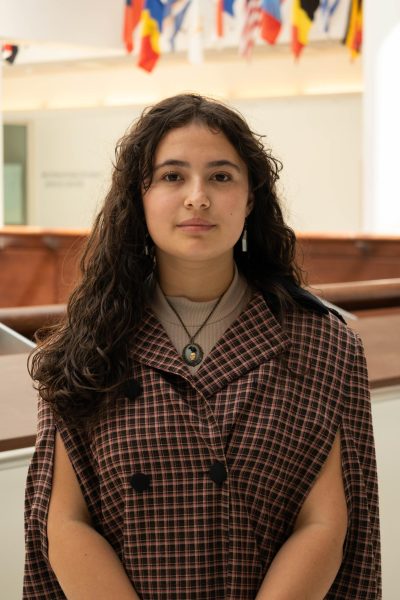In October 2023, The Hugo Awards held its 70th annual award ceremony at the World Science Fiction Convention in China. Four months later, two contenders for the Best Fan Writer award have come forward with information accusing the Hugos of censorship. Writers Chris M. Barkley and Jason Sanford published a report on Feb. 7 detailing how the Hugo Awards allegedly excluded authors whose works address the Chinese government.
Some committee members suggested certain books should be flagged for mentions of Hong Kong, Taiwan, Tibet, or criticisms of China. These guidelines were applied to both the works and the authors.
“It’s not necessary to read everything, but if the work focuses on China, Taiwan, Tibet, or other topics that may be an issue *in* China … that needs to be highlighted so that we can determine if it is safe to put it on the ballot (or) if the law will require us to make an administrative decision about it,” former Hugo Awards director Dave McCarty said in a June 2023 email.
The emails featured in the report were leaked by Diane Lacey, a member of the Hugo Administration team.
Lacey said she released them to explain why certain finalists were missing from the ballot even though they gained more than enough votes.
“Let me start by saying that I am NOT making excuses, there are no adequate excuses,” Lacey said in an apology letter. “I am thoroughly ashamed of my part in this debacle, and I will likely never forgive myself. But the fans that have supported the Hugos, the nominees, and those that were unfairly and erroneously deemed ineligible in particular, deserve an explanation.”
The emails entailed that the content in the nominated works needed to be in accordance with Chinese content and censorship laws.
One of the authors deemed ineligible, Xiran Jay Zhao, shared her disqualification on TikTok. In one video, she dissected a few of the emails that addressed her work. She said her novel, “Iron Widow,” which follows a Chinese empress, was incorrectly referred to as “The Iron Giant,” and added that her last name was misspelled multiple times.
The writer stated, “I cannot believe the Western members of the admin team chose to willingly participate in this instead of upholding the integrity of the awards.”
In an Instagram post, “Babel” author R.F Kuang expressed confusion after seeing her book win two other science fiction awards but not be considered for the Hugos.
“I did not decline a nomination, as no nomination was offered,” Kuang said. “Until [a reason] is provided that explains why the book was eligible for the Nebula and Locus Awards, which it won, and not the Hugos, I assume this was a matter of undesirability rather than ineligibility. Excluding ‘undesirable’ work is not only embarrassing for all involved parties, but renders the entire process and organization illegitimate.”
One email revealed that “Babel” was not considered because it references China.
“I haven’t read it, and am not up on Chinese politics, so cannot say whether it would be viewed as ‘negatives of China,’” Hugo Awards administrator Kat Jones said.
No one in the email exchanges appeared to question or object to the decision, bringing concerns about the committee’s integrity and legitimacy.
A January statement from Worldcon Intellectual Property, the organization that oversees the awards, said McCarty and board chair Kevin Standlee had resigned from their roles.
Esther MacCallum-Stewart, the chair of Glasgow 2024 – A Worldcon for Our Futures, issued a statement on Feb 15.
“I acknowledge the deep grief and anger of the community and I share this distress,” she said. “I, and Glasgow 2024, do not know how any of the eligibility decisions for the Hugo, Lodestar and Astounding Awards held at the 2023 Chengdu World Science Fiction Convention were reached.”


